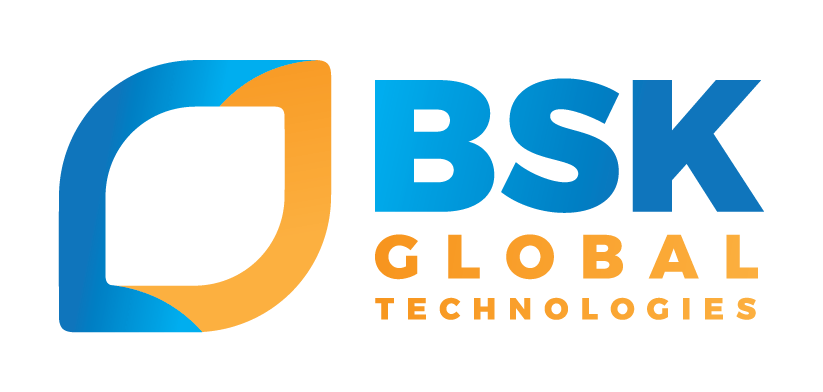Healthcare is Going Digital
Kenya’s embrace of technology can also be seen in every sector, to provide access to services that are laborious manual and bureaucratic. Digital healthcare is none the less is not picking up as fast as other technologies have progressed. Digital Healthcare opens up opportunities such as high-grade patient care and lower operational costs.
As we invest in build strong vertical programmes targeting specific health issues very few have invested in strengthening systems for health as a whole. An economy such as ours have their challenges such as affordability but can leverage on putting in key infrastructure in place. Quality health-care service is imperative that no health provider can ignore against the backdrop of a shortage of skilled health care professionals.
Getting the right Solutions : Hospital Management Systems
Running a hospital involves making decisions in the most efficient and quick way. Which calls for a proper and distinct hospital management system that provides world-class patient-centric services.
The opportunity
These systems scale the ability of health care professionals to coordinate care by providing a patient’s health information and visit history at the place and time that it is needed. Patient’s laboratory test information also includes visual results such as X-ray, which may be reachable by professionals. HMS provides internal and external communication among health care providers.
Portable devices such as smartphones and tablet computers may be used at the bedside. Efficient and accurate administration of finance, the diet of the patient, engineering, and distribution of medical aid. It helps to view a broad picture of hospital growth Improved monitoring of drug usage, and study of effectiveness. This leads to the reduction of adverse drug interactions while promoting more appropriate pharmaceutical utilization. Enhances information integrity, reduces transcription errors and reduces duplication of information entries. Hospital software is easy to use and eliminates error caused by handwriting. New technology computer systems give perfect performance to pull up information from server or cloud servers
EHR
Other non-traditional solutions such as cloud-based or open-source EHR can help health providers digitize at a fraction of the cost. Even better healthcare innovations such as telemedicine, mHealth applications and e-prescriptions should be built around the EHR. With the growing internet penetration, we have positioned this technology to go mobile. More cost-effective solutions have leapfrogged the developed nations to provide quality, affordable, and patient-centric care. Hospital software is easy to use and eliminates error caused by handwriting. New technology computer systems give perfect performance to pull up information from server or cloud servers. Our foray into E- solutions in the healthcare sector it to free up congested health facilities from dealing with non-life-threatening conditions to allow them more time to provide better care to patients that require more critical care.
In addition to improving service delivery, automation has the potential to improve the management of financial resources. Health facilities suffer significant revenue leakage due to manual processes which can result in services provided not being accurately recorded and billed. By automating the tracking of services provided to a patient from registration to discharge, human error is reduced and more accurate billing can be achieved. Automation can help ensure that better management of drugs and other medical inventory items to minimise loses; prevent under-stocking which results in having to send patients to external pharmacies or overstocking resulting in expiry of drugs.
Digital healthcare is not simply about the tool that will be implemented but rather a combination of the technology, people and processes that come together to find a more better and cost-effective way of catering to patient needs. Rather than viewing investment in digital healthcare as an added expense, healthcare providers should view digital healthcare as part and parcel of their strategy for reduction in costs and continued growth of services offered.
Case Studies
Kenyatta National Hospital – Business Process Re-engineering
BSK Global Technologies performed a Business Reengineering Process for Kenyatta National Hospital with the main of increasing the hospital efficiency through automation of various processes across various stakeholders. This process helped KNH to identify critical weakness point per departments that BSK provided solutions to. The project resulted in KNH adopting more efficient business processes and automation across the various departments.
Kajiado – Health Management System
Kajiado Health Management System is among the systems we have designed in our foray into healthcare. The system we have rolled out in service of the Kajiado county people serves to rapidly collect, store, manage and transmit a patient’s electronic medical records. The system will revamp the efficiencies of the county health facilities reinforcing and supporting healthcare policy decisions.
Handling of data-related activities of providers and health organizations will save the county from dealing with a lot of clumsy paperwork. As an integrated effort, these may be leveraged to improve patient outcomes, inform diagnosis and influence policy-making and decision-making. Our work there aspires to give the people systems that can be used by everyone in healthcare from patients to clinicians to public health officials. daily operations such as scheduling and billing. Healthcare providers, from small practices to hospitals, use practice management systems to automate many of the administrative tasks.



